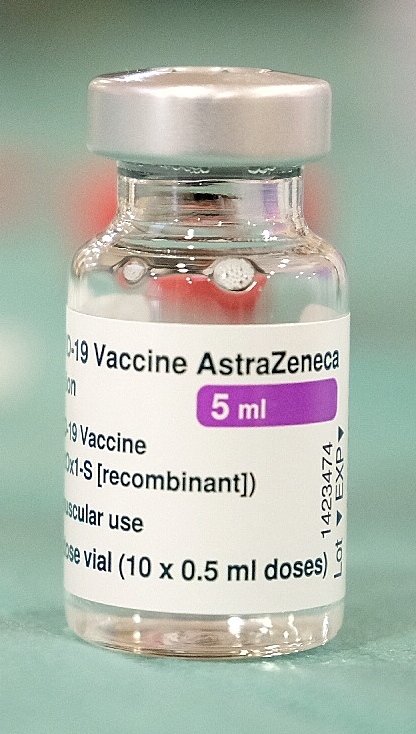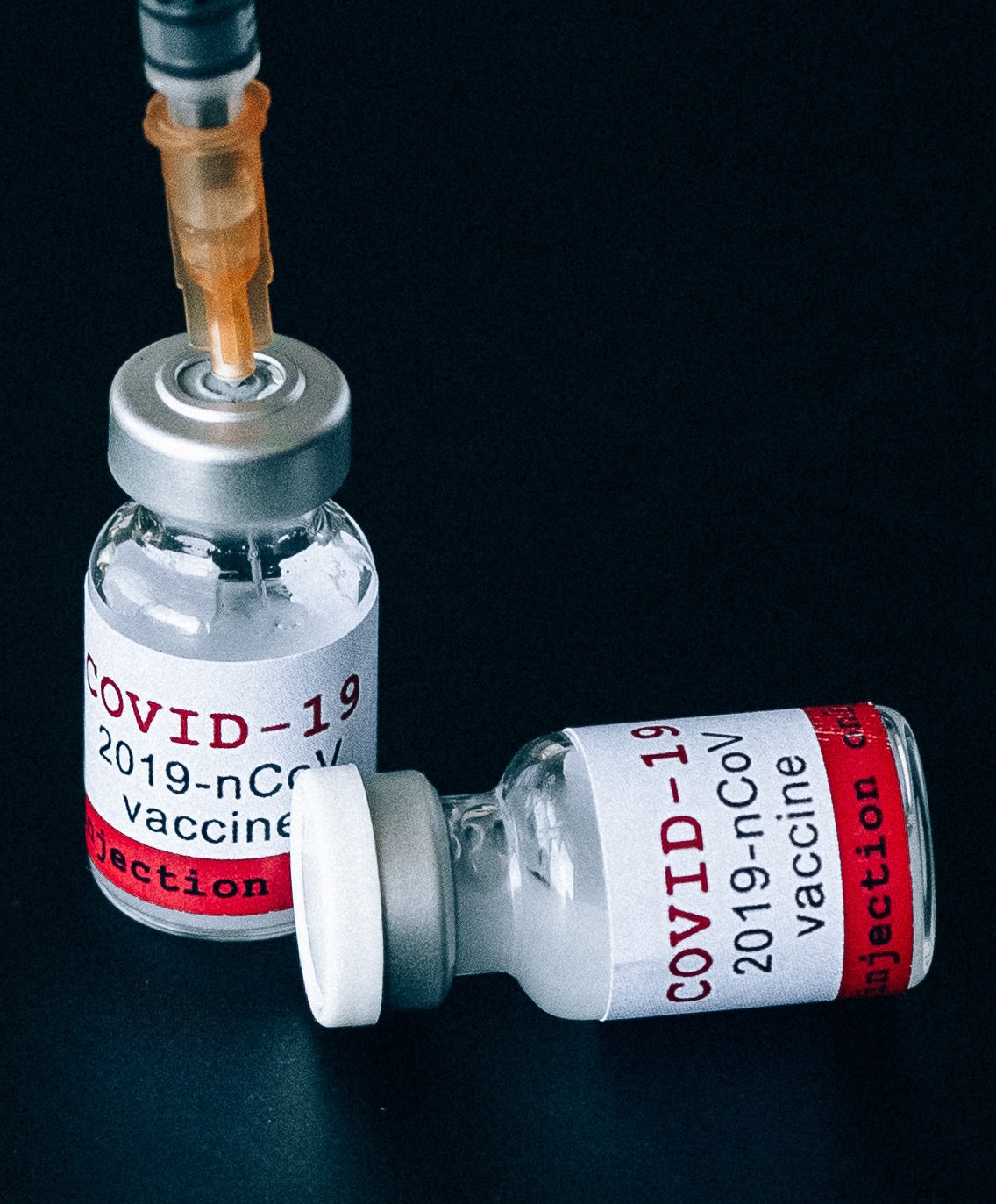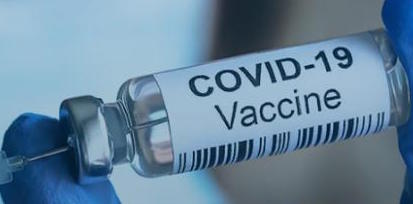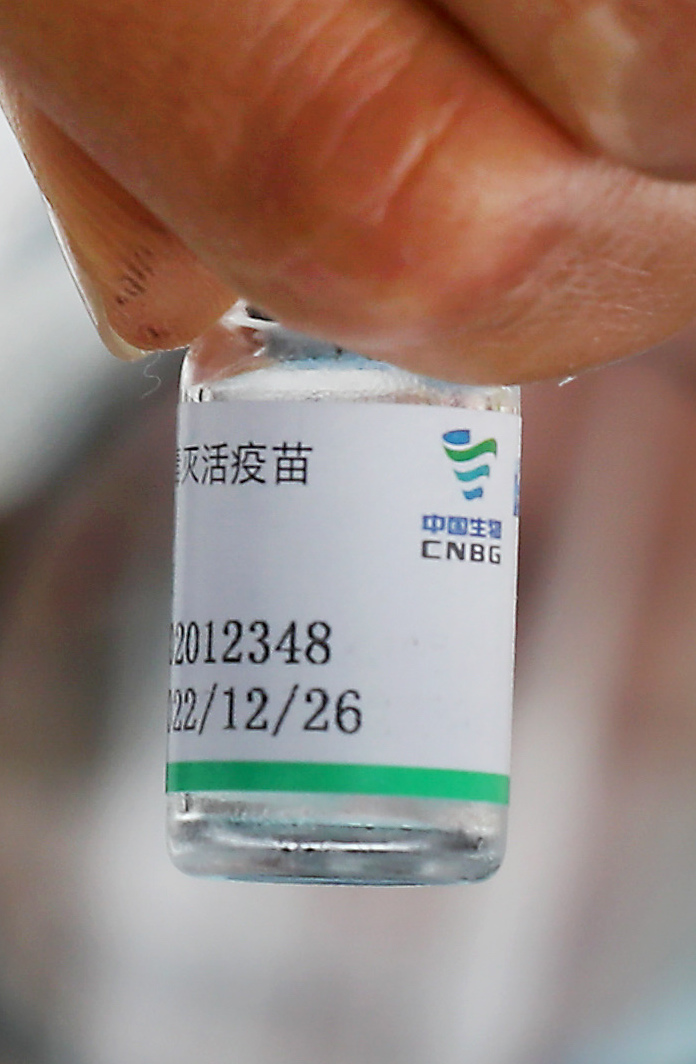COVID-19 Vaccine Development & Clinical Trials
Front-Runner COVID-19 Vaccines
 mRNA based vaccine by Expressing stabilized spike protein
mRNA based vaccine by Expressing stabilized spike protein- Required 2 doses (3 weeks apart) and freezer storage at –70°C
- Protective efficacy is 94%. A similar level of vaccine efficacy (94%) was observed for people older than 65.
- The vaccine remains effective in a mass vaccination campaign in Israel.
- Vaccination has resulted in the decrease in the rate of symptomatic COVID-19 by 94% and the rate of serious by 92%.
- The company confirmed that the vaccine is effective against variants from the U.K. and South Africa.
- In vitro study showed that the vaccine is slightly less protective against the variant from South Africa than original virus. Further study will be required for validation.
-

Image by Marco Verch. License: https://creativecommons.org/licenses/by/2.0/
mRNA based vaccine by expressing stabilized spike protein
- Required 2 doses (4 weeks apart) and freezer storage at –4°C
- Provides protection against severe COVID-19 (protective efficacy: 94.5%).
- In a small clinical trial, the participants maintained a strong immune response after three months of vaccination.
- The company confirmed that the vaccine is effective against variants from the U.K. and South Africa.
- In vitro study showed that the vaccine is slightly less protective against the variant from South Africa than original virus. Further study will be required for validation.
 Adenovirus vectored vaccine
Adenovirus vectored vaccine- Required 2 doses and storage at 2-8°C
- Protective efficacy was 82.4% (two dose vaccination with interval of 12 weeks).
- Vaccine provides similar level of protection against the variant from the UK compared to original virus.
- In South Africa, AstraZeneca vaccination was halted since clinical trials did not show protection against mild or moderate illness. However, scientists are reevaluating the data to reconsider the vaccination against more severe cases of COVID-19.
- On-going clinical trials by a combination of Oxford-AstraZeneca and Sputnik V vaccines
- On-going clinical trial: participation of 300 Children in UK
-

Image by Marco Verch.
License: https://creativecommons.org/licenses/by/2.0/A heterologous recombinant adenovirus based vaccine
- Required prime and boost (3 weeks apart) and storage at 2-8°C
- Induces strong humoral and cellular immune responses
- Vaccine efficacy was 91.6%
- On-going clinical trials by a combination of Oxford-AstraZeneca and Sputnik V vaccines

- Adenovirus vectored vaccine
- Required a single dose and storage at 2-8°C
- Clinical trials showed that 72% efficacy in the US and 57% efficacy in South Africa.
- South Africa is considering using this vaccine. Although the vaccine provided 57% efficacy against moderate to severe COVID-19, it provided a better protection (85% efficacy) against severe disease after 28 days post-vaccination.
- On-going phase 3 trial: use of two doses of vaccination

- Recombinant spike protein with nanoparticle based vaccine
- Required two doses (3 weeks apart) and storage at 2-8°C
- Vaccine provides similar level of protection against the variant from the UK compared to original virus.
- Clinical trials showed that 89% efficacy in the UK and 60% efficacy in South Africa.
-

Image by Rolly Reyna License: https://creativecommons.org/licenses/by/2.0/
Inactivated vaccines
- Required two doses and storage at 2-8°C
- Efficacy of Sinovac from clinical trials was 91.25% in Turkey, 65.3% in Indonesia, and 50.4% in Brazil.
- Efficacy of Sinopham was 79% (general) and 86% in EAU.
Ongoing Clinical Trials
Clinical trial phases
Phase 1: Evaluation of safety and antibody production
Phase 2: Evaluation of safety and immunogenicity by including a placebo group
Phase 3: Verification of safety, and efficacy in a large population group
